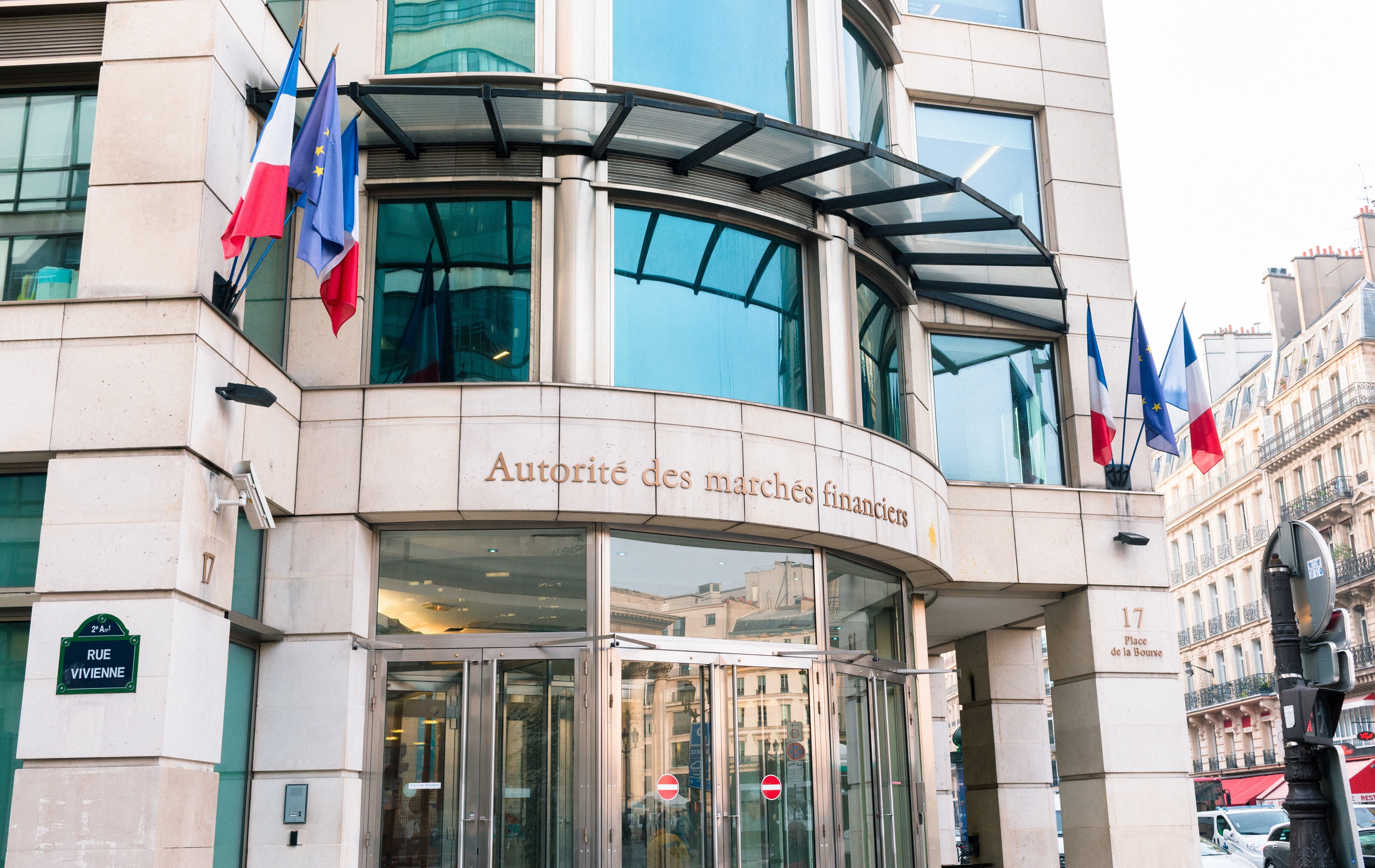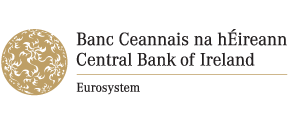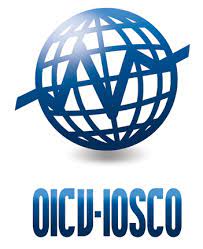The French finance regulator has recommended relaxing the portfolio transparency rules for active ETFs to stop competitors from “reverse engineering” strategies.
In a policy document published last month, the Autorité des Marchés Financiers (AMF) said issuers could publish holdings “at least once a month” to avoid other players from replicating the strategy.
The move would see non-transparent rules for active ETFs domiciled in France, moving away from daily portfolio transparency rules currently required in Europe.
In one of six recommendations, the AMF said: “The portfolio management company publishes the exact composition of the portfolios of its active ETFs at least once a month with a delay which cannot exceed one month.
“End investors thus have access to the composition of active ETF portfolios under conditions similar to those of traditional non-ETF active funds.
“A minimum publication frequency (monthly) and a maximum delay (one month) reflect the fact that ETFs are funds that aim to be more transparent than non-ETF funds.”
Daily transparency has also been tied to an efficient arbitrage mechanism, resulting in narrower premiums and discounts, tighter spreads and better liquidity as market makers know precisely the composition of the basket of stocks within the ETF.
However, the AMF said this could be achieved by only disclosing the composition of the active ETF portfolio to market makers with which it holds contracts.
It added it should let market makers know “at the same time and via the same distribution channel” to eliminate any risks of front-running.
It comes as the Central Bank of Ireland (CBI) was reportedly looking at relaxing its transparency rules for active ETFs in June after the International Organisation of Securities Commissions (IOSCO) suggested it was not wedded to daily disclosure requirements on its ETF Good Practices last year.
The CBI does not currently authorise any ETF that does not disclose its portfolio holdings daily.
It is thought changing the rules would accelerate the growth of active ETFs in Europe, particularly on more concentrated strategies.
However, the structure is yet to catch on in the US, with active non-transparent ETFs recording just $2.1bn inflows since the start of 2023, versus $234bn for active ETFs that disclose daily holdings, according to Bloomberg Intelligence.
In March, the AMF paved the way for active ETFs to list in France for the first time.




